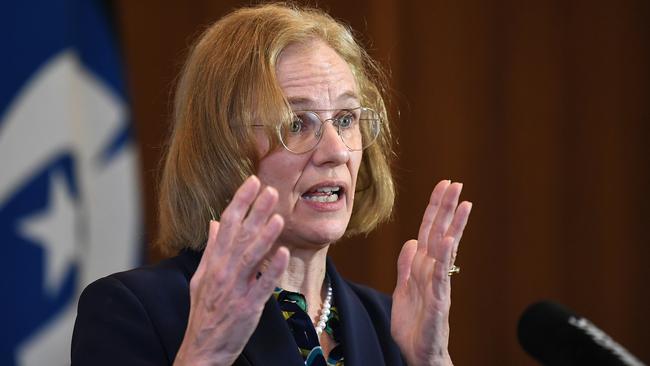
But in raising the prospect that Queensland’s first death of a young person during the Covid-19 pandemic could be from a vaccine if those aged under 40 choose to get the AstraZeneca jab, Dr Young has given ample fuel to the anti-vax movement.
“I don’t want an 18-year-old in Queensland dying from a clotting illness who, if they got Covid, probably wouldn’t die,” Dr Young said during a press conference.
“We are not in a position that I need to ask young, fit, healthy people to put their health on the line (by) getting a vaccine that could potentially significantly harm them,” she added
Anyone listening to Dr Young’s comments would be left with the impression that a young person taking the AstraZeneca vaccine was a risky proposition.
So how did the Australian Technical Advisory Group on Immunisation – the group whose advice Dr Young is insistent young people follow – quantify the risk?
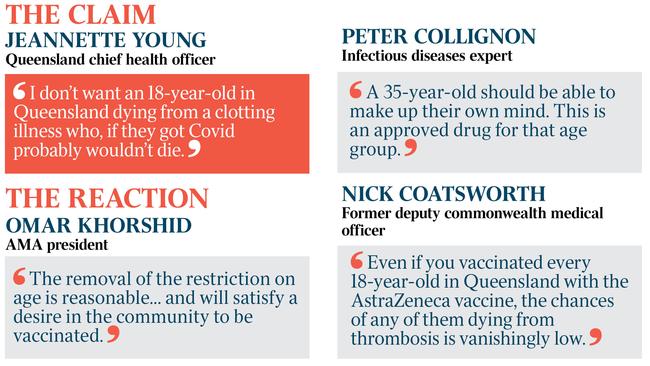
ATAGI said the estimated incidence of blood clots among those aged between 30 and 39 was about 1.6 cases per 100,000 doses of AstraZeneca delivered.
ATAGI’s calculation was that the vaccine would prevent about 0.3 cases of ICU hospitalisation in people of that age bracket, so the risk presented by the vaccine outweighed the benefit in a low-incidence Covid environment.
It is one thing to point out the risk-benefit analysis that was the basis of the medical advice that Pfizer be the preferred vaccine for younger people. It is quite another to raise the distinct prospect of death from the AstraZeneca vaccine in comments that can only be described as inflammatory, given the chances of that happening.
There have been 64 cases of thrombosis with thrombocytopaenia following AstraZeneca in Australia. Two people have died.
That puts the death rate for the few who suffer clots at 3 per cent.
So even if the AstraZeneca vaccine was used population-wide in those aged between 30 and 39, which is not what is being suggested here, the risk of death for a young person from the vaccine would be around 0.004 per cent, based on 3 per cent of 1.6 cases.
And let’s remember that ATAGI has never said that young people shouldn’t get the AstraZeneca vaccine if they want it after weighing up the risks.
Here is what the co-chair of ATAGI, Allen Cheng, said in April after recommending Pfizer as the preferred vaccine in the under-50s. “We carefully used the word ‘prefer’ (Pfizer over AstraZeneca) in younger people. We respect patient autonomy – that people have a choice about the vaccines and treatments they get. If a younger person said that they were happy to take a one-in-200,000 risk of clotting for the benefit of getting protected from Covid-19 earlier, then as long as this was an informed decision, we should respect that choice.”
Young people want the vaccine. They’re sick of waiting. They know how small the risks are. They know that Covid-19 could flare up in Australia at any point. That’s why many are following the advice of the Prime Minister and having a conversation with their GP about the risks and benefits of the AstraZeneca vaccine.
That’s exactly the right forum for conversations of this type, as NSW chief health officer Kerry Chant said on Wednesday.
The changing advice on AstraZeneca is already confusing enough. But the nuances of the debate haven’t deterred many young people from wanting the vaccine as soon as possible.
Informed consent is a mainstay of medicine; people take decisions involving some element of risk about medical matters every day, whether it be taking a drug or going under a general anaesthetic
They don’t have chief health officers acting as the gatekeepers on every medical decision.
As Professor Cheng says, medicine respects patient autonomy. The choice of the AstraZeneca vaccine is ultimately for a young person to make.



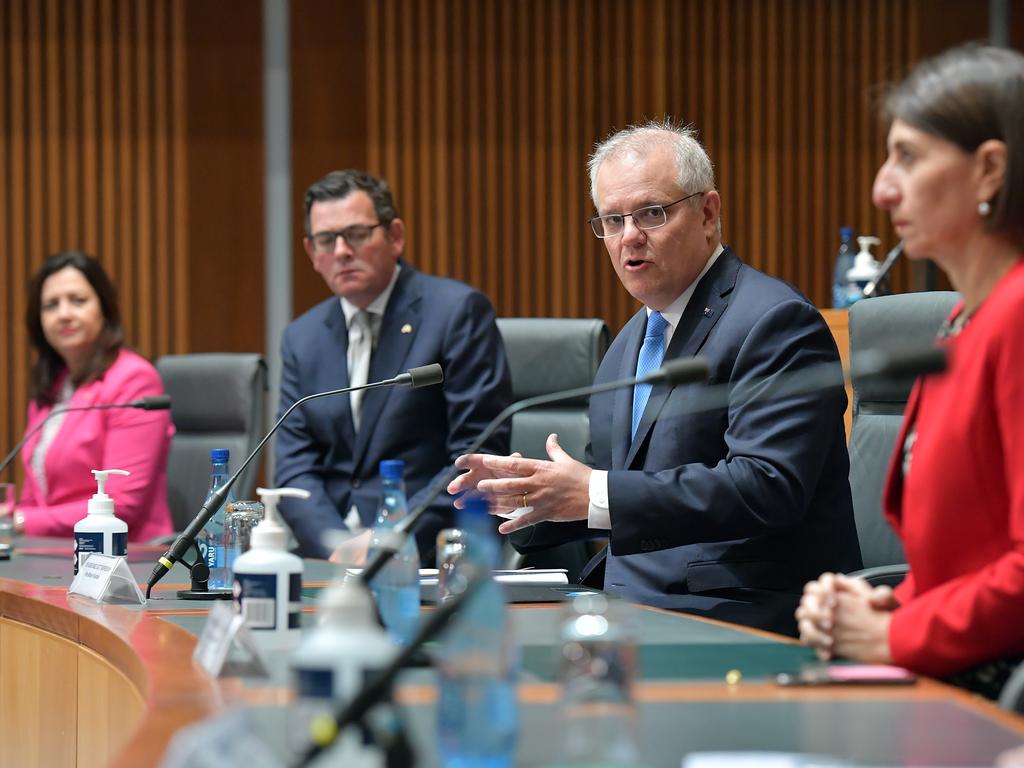
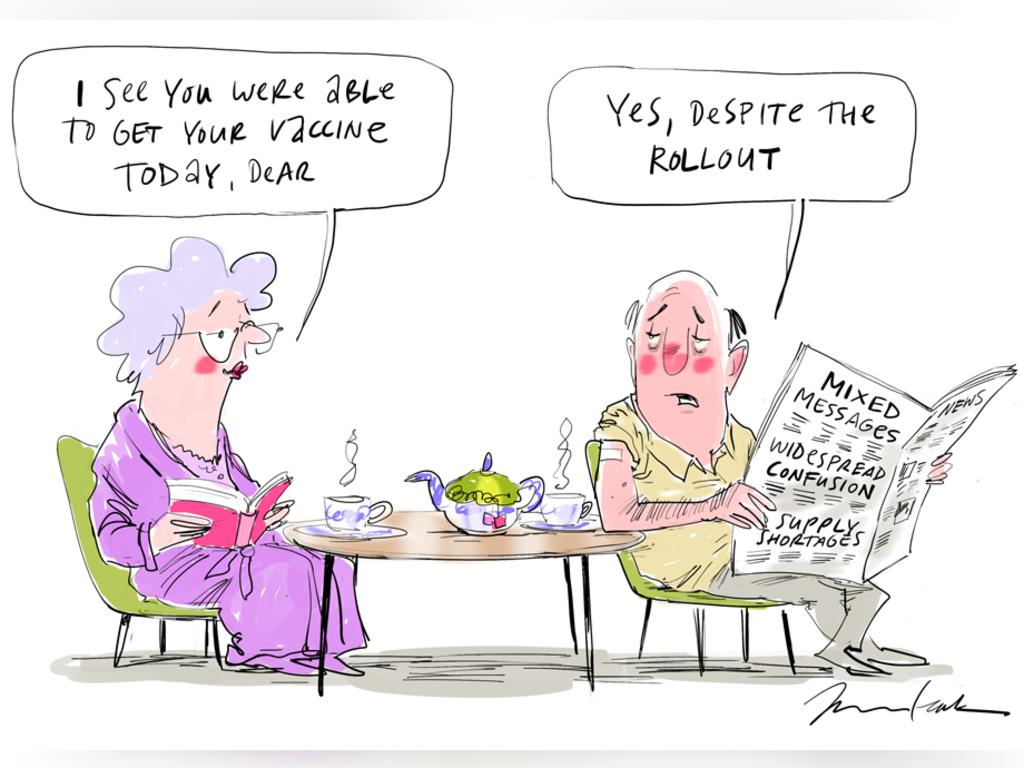
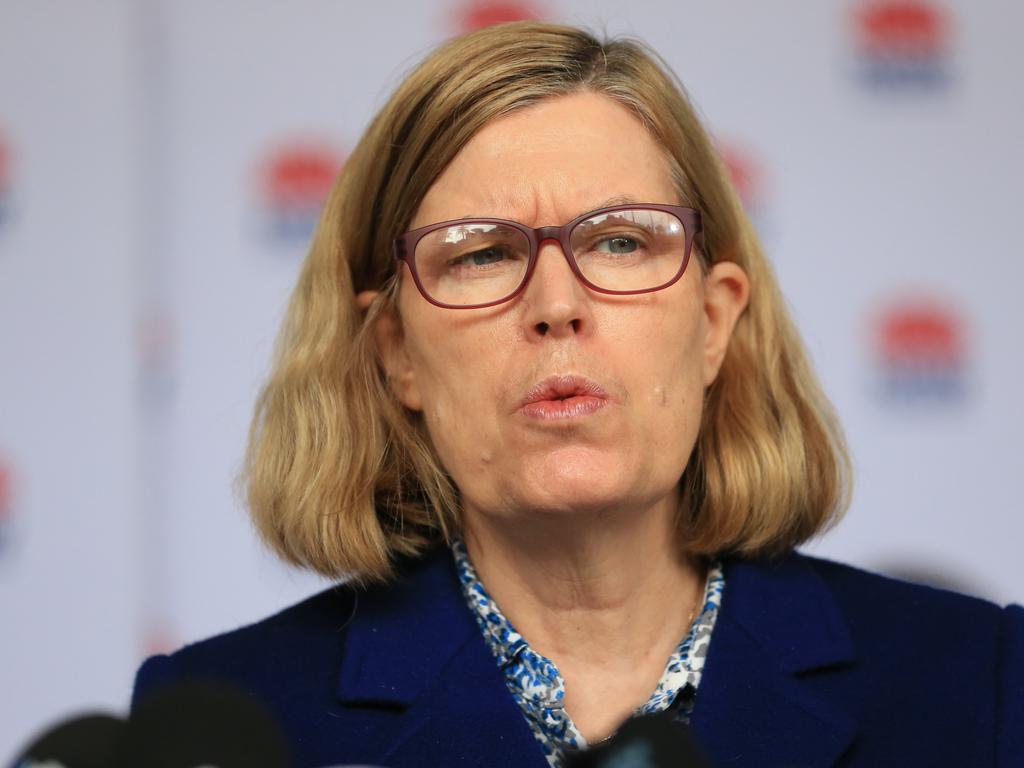

If you’d told me last week that the new poster child for anti-vaxxers would be Queensland’s chief health officer Jeannette Young, I would not have believed you.